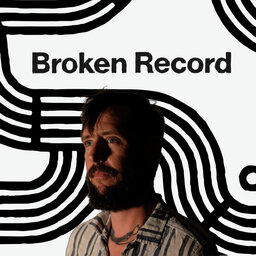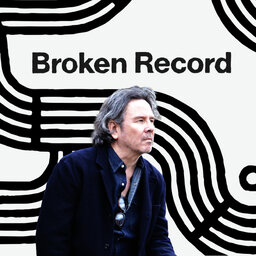Questlove talks about how he got involved with D’Angelo’s Voodoo record, the evolution of his drumming style, how he approaches DJ’ing, and tells the best Obama story ever. Part 1 of 2.
Learn more about your ad-choices at https://www.iheartpodcastnetwork.com
 Broken Record with Rick Rubin, Malcolm Gladwell, Bruce Headlam and Justin Richmond
Broken Record with Rick Rubin, Malcolm Gladwell, Bruce Headlam and Justin Richmond


